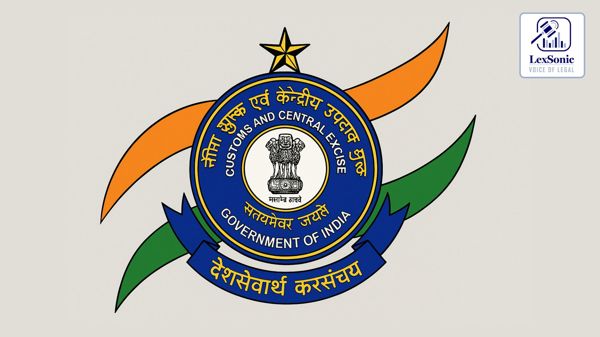Bail Conditions and the "Approboate and Reprobate" Practice.
23-June-2025
Central Excise >> Tax Laws
The petitioner, accused of GST evasion amounting to Rs. 13.73 crores, was arrested on March 27, 2025. During his bail application before the High Court, his counsel voluntarily offered to deposit Rs. 2.50 crores, in addition to Rs. 2.86 crores already deposited, to demonstrate good faith and secure bail. The High Court, without further discussion on the merits, granted bail conditioned on an initial deposit of Rs. 50 lakhs and the remaining Rs. 2 crores within 10 days of release.

Subsequently, the petitioner sought modification of this order, citing personal circumstances (wife's pregnancy and father's ill-health) and requesting that the initial Rs. 50 lakh deposit also be deferred until after his release. The High Court granted this modification, allowing the entire Rs. 2.50 crore deposit within 10 days of release.
Challenging this modified order, the petitioner argued that onerous conditions cannot be imposed for bail. However, the Supreme Court noted the inconsistency, as the modification application itself did not dispute the counsel's authority to offer the deposit but merely sought a deferment of payment.
Consequently, the Supreme Court set aside both the original bail order and the modification order, remitting the matter back to the High Court for fresh consideration on merits, uninfluenced by any previous observations. While acknowledging the petitioner's release, the Court granted limited interim protection from immediate re-arrest, allowing him to remain out on the same bond until the case is re-listed before the High Court. The High Court has been requested to dispose of the matter expeditiously.
Section 132, CENTRAL GOODS AND SERVICES TAX ACT - 2017
CENTRAL GOODS AND SERVICES TAX ACT, 2017
